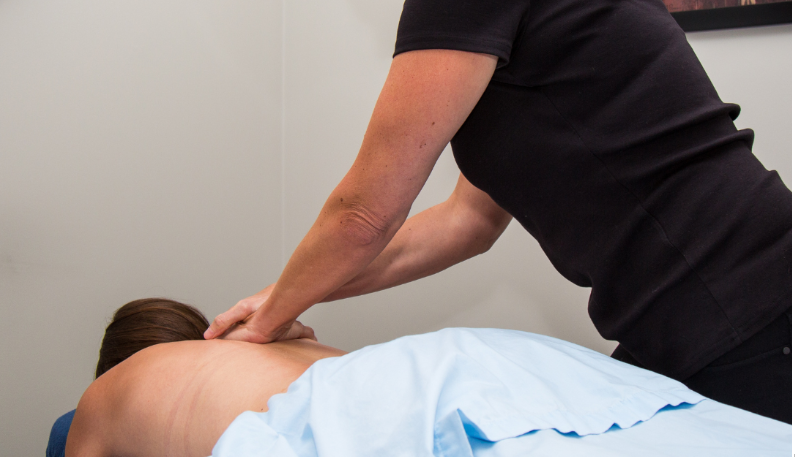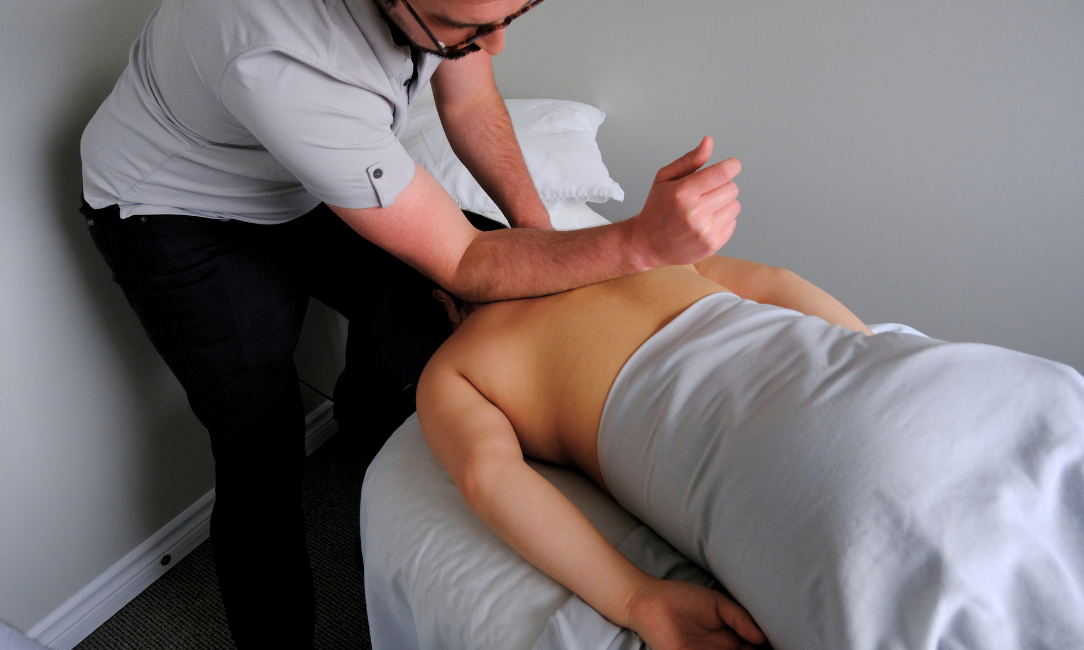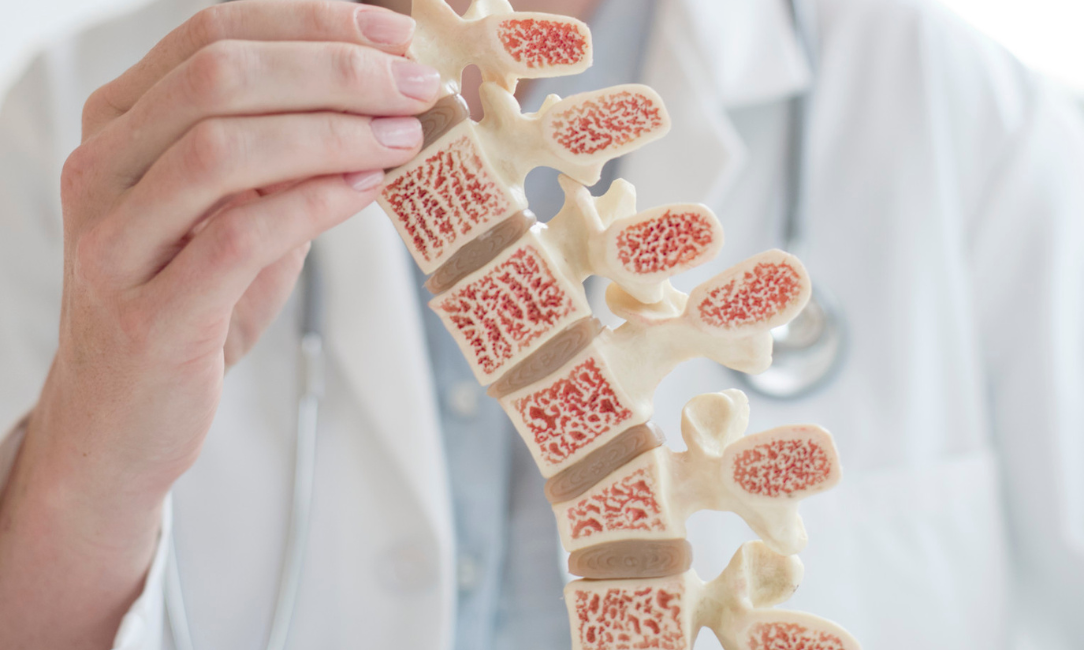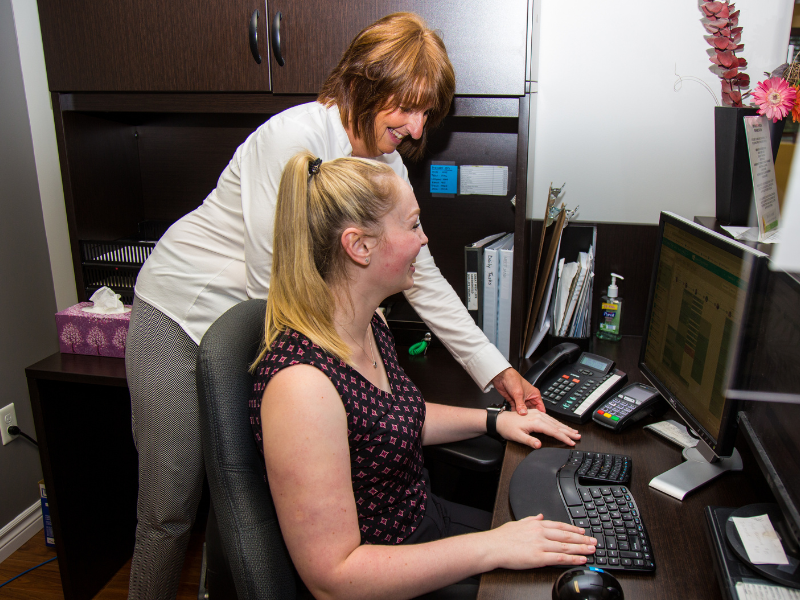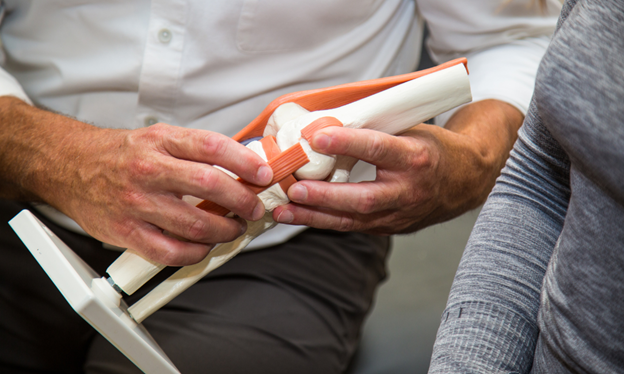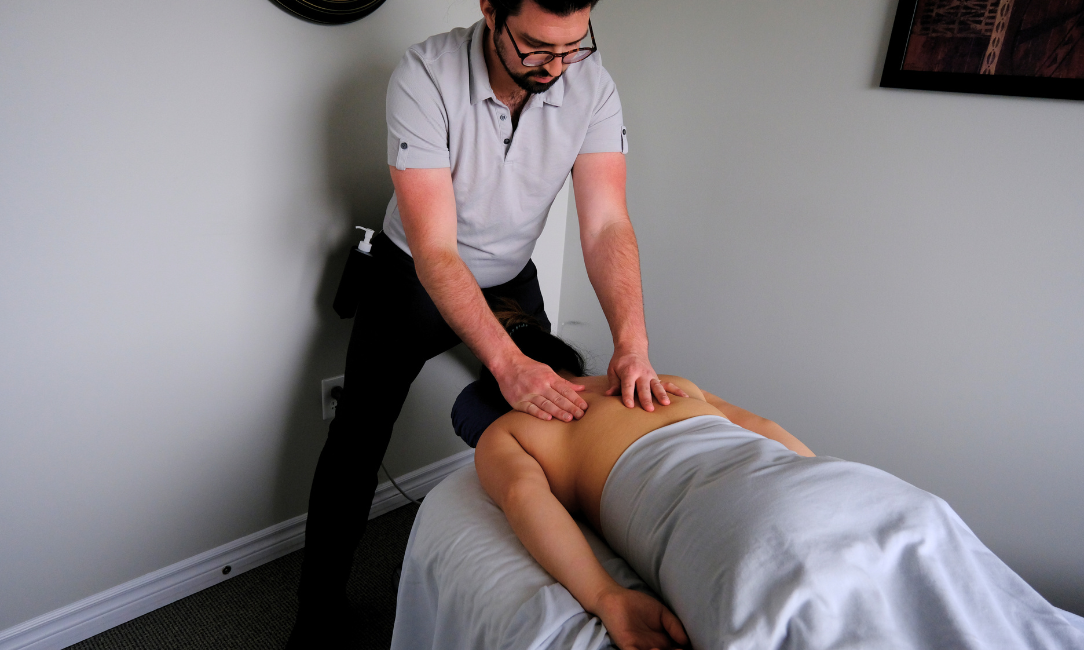Massage Therapy For Chronic Pain
Chronic pain is common, affecting nearly 8 million people in Canada. This pain is often invisible, but significantly affects the quality of life of those who experience it.
Massage therapy can be an effective way to help reduce chronic pain, and improve quality of life.
What Is Chronic Pain?
Chronic pain is an umbrella term for pain that lasts longer than 3 months. It may be caused by an injury, chronic medical condition or it may not have a known cause. The pain may come and go, or change in severity.
Common conditions that cause chronic pain are:
- Arthritis
- Fibromyalgia
- Nerve damage
- Headaches & migraines
- Stress, anxiety & depression
- Cancer
- Multiple Sclerosis
Chronic back or neck pain may not have a known cause, and may not show on any imaging like X-rays.
Best Massage For Chronic Pain
Technically, there is no “best” massage for chronic pain. It depends on the individual and their pain. It can also vary treatment to treatment. Some people with chronic pain enjoy deep tissue massage, and others find that it can cause a pain flare up, so they enjoy a lighter massage.
Massage therapy can help by reducing muscle tension, increasing circulation, and decreasing stress. People who suffer from chronic pain often report significant improvements in pain, function and quality of life after receiving massage treatment.
When Should You Not Get A Massage
Although massage therapy is very safe, there are some conditions or circumstances that make massage therapy contraindicated:
- Fever
- Advanced respiratory, kidney or liver failure
- Systemic infection
- Any condition requiring first aid
There are also instances where your massage therapy may avoid an area of your body, such as an open wound, or skin infection.
If you are in a flare up of chronic pain, you may not wish to seek massage therapy if touch makes your pain worse.
Other Treatment For Chronic Pain
Massage therapy is not a replacement for medical care, and there are many other treatment options for chronic pain that can work in conjunction with massage therapy.
Other treatment options include:
- Physiotherapy
- Drug therapy
- Exercise
- Relaxation techniques
- Osteopathy
- Support groups
Learn more about the
Nova Scotia Chronic Pain Self Management Program
If you are experiencing chronic pain it is important to consult with your primary care provider about the best treatment for your individual case.
Chat With Your RMT!
As with any medical condition, talk with your massage therapist about your pain, treatment goals and preferred pressure when getting a massage.
Ready to book an appointment?
Book an appointment online, or call us at
902 865-8100.
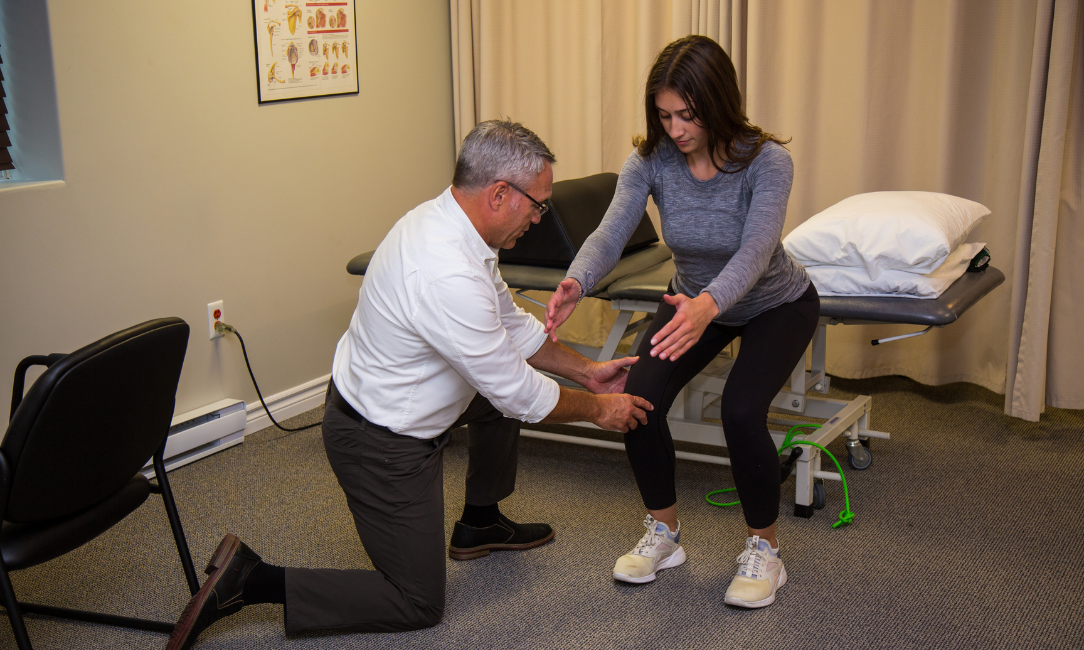

The Role of Physiotherapy, Massage Therapy, and Occupational Therapy After Joint Replacement Surgery
